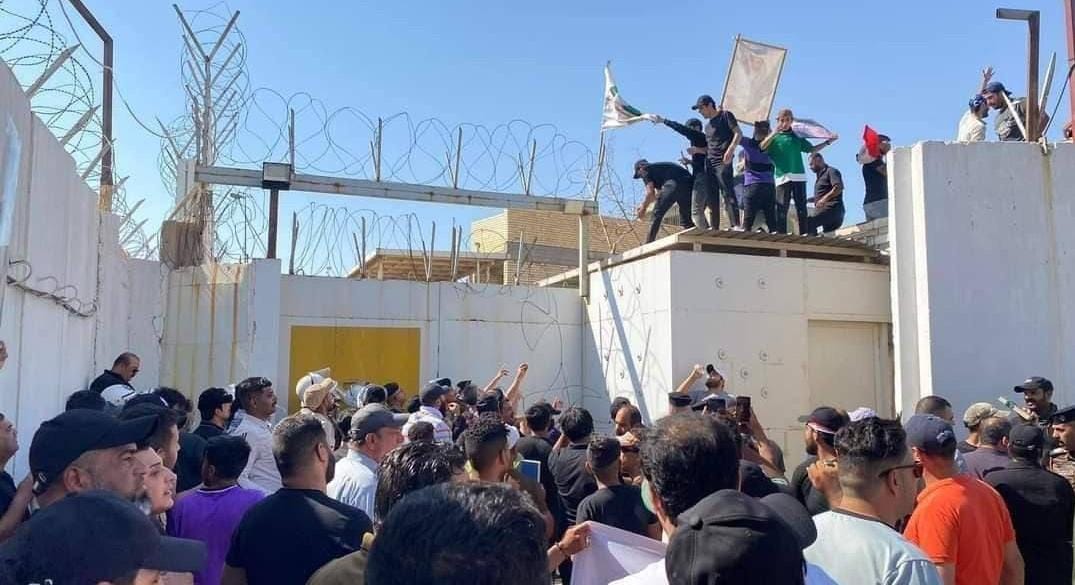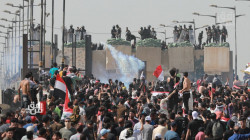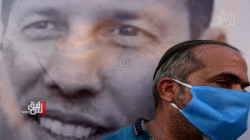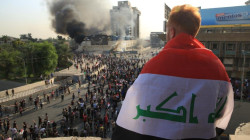Media watchdog denounces the Iraqi government's double standards in handling the Swedish embassy's storming

Shafaq News/ Al-Nakheel Center for Journalistic Rights and Freedoms on Saturday expressed solidarity with the families of officers facing legal repercussions following the intrusion into the Swedish embassy in Baghdad.
The incident had ensued due to the burning of a copy of the Holy Quran in Sweden, an act that reportedly received authorization from the Swedish authorities.
The media watchdog, in a press release issued earlier today, highlighted a perceived governmental contradiction in handling the repercussions of the embassy incident and the Quran desecration. Following the incident, the Iraqi government severed diplomatic relations with Sweden while simultaneously holding its officers accountable, despite their efforts to abstain from suppressing or harming the protesters.
"The ruling exposes the government's contradiction in handling the embassy incident and the Quran burning, where the government cut ties with Sweden while holding officers and members who were faced with the reality of the incident accountable," the statement read.
The center cautioned that such actions could potentially foster an environment encouraging the repression of protesters in the future, urging the authorities to undertake fair and swift remedial measures to prevent a rift between security forces and demonstrators.
The Minister of Interior, Abdul-Amir al-Shammari, on September 13 to reduced the sentence of the officers safeguarding the Swedish embassy to simple imprisonment, replacing the earlier sanction of dismissal from service.
This decision was informed by a commitment to reform and a refusal to endorse revenge against fellow officers, responding to pleas from their families, according to a security source who spoke to Shafaq News Agency.
Following a ruling by the Iraqi Judiciary (Internal Security Forces Court) on September 12, officers from the embassies protection force, counter-terrorism, and law enforcement forces face penalties ranging from two to three years of imprisonment coupled with dismissal from service.
The court rulings cover a span of three years to one year of imprisonment along with service termination for officers from "embassies protection, terrorism, and law enforcement."
Relatives of the indicted officers reached out to the leader of the Sadrist movement, Muqtada al-Sadr, to complain about the government actions against their family members in a letter. In response, al-Sadr criticized the current government, likening it to "the government of Banu Abbas, having no companionship with the Quran and faith."
The episode triggering these events took place on June 28, when dozens of protesters breached the Swedish embassy premises in Baghdad, protesting the burning of a Quran copy in Stockholm. The protestors managed to reach the internal courtyard after breaking through the main gate, where they lowered the Swedish flag before retreating from the embassy building.
The Iraqi judiciary has requested the extradition of the individual responsible for the Quran desecration, maintaining a solemn commitment to upholding the sanctity of religious texts amidst a landscape of diplomatic tensions and societal unrest.
In this complex and evolving situation, it remains essential for all parties involved to work towards a resolution that respects both the rule of law and the rights and dignities of individuals, while navigating the sensitive nexus of diplomacy and public sentiment.





